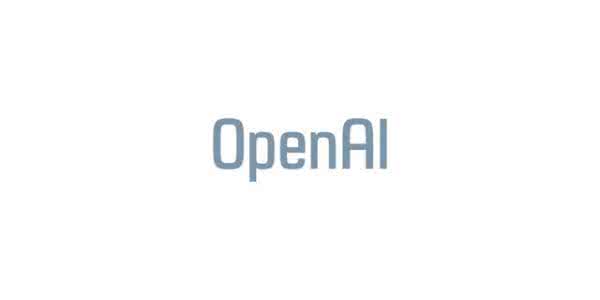We demonstrate a proof-of-concept of a large language model conducting corporate lobbying related activities. An autoregressive large language model (OpenAI's text-davinci-003) determines if proposed U.S. Congressional bills are relevant to specific public companies and provides explanations and confidence levels. For the bills the model deems as relevant, the model drafts a letter to the sponsor of the bill in an attempt to persuade the congressperson to make changes to the proposed legislation. We use hundreds of ground-truth labels of the relevance of a bill to a company to benchmark the performance of the model, which outperforms the baseline of predicting the most common outcome of irrelevance. We also benchmark the performance of the previous OpenAI GPT-3 model (text-davinci-002), which was state-of-the-art on many language tasks until text-davinci-003 was released on November 28, 2022. The performance of text-davinci-002 is worse than simply always predicting that a bill is irrelevant to a company. These results suggest that, as large language models continue to exhibit improved core natural language understanding capabilities, performance on corporate lobbying related tasks will continue to improve. We then discuss why this could be problematic for societal-AI alignment.
翻译:我们展示了一个大语言模式的概念证明,该模式是一个进行公司游说活动的大型语言模式。一个自动递减的大语言模式(OpenAI's text-davinci-003)决定了拟议的美国国会法案是否与特定公营公司相关,并提供了解释和信任程度。对于该模式认为相关的法案,该模式向该法案的发起人起草一封信,试图说服国会议员修改拟议的立法。我们使用数百个地面真相标签,说明法案是否与公司基准标准有关,该模式超过了预测最常见不相干结果的基准。我们还将先前的OpenAI GPT-3模型(tle-davinci-002)的绩效作为基准,该模型在2022年11月28日发布文本Davini-003之前是许多语言任务的最新版本。文本Davinici-002的绩效比总是简单地预测法案与公司无关。这些结果继续表明,随着大型语言模式继续展示提高核心的自然语言理解能力,我们将继续改进公司游说。




